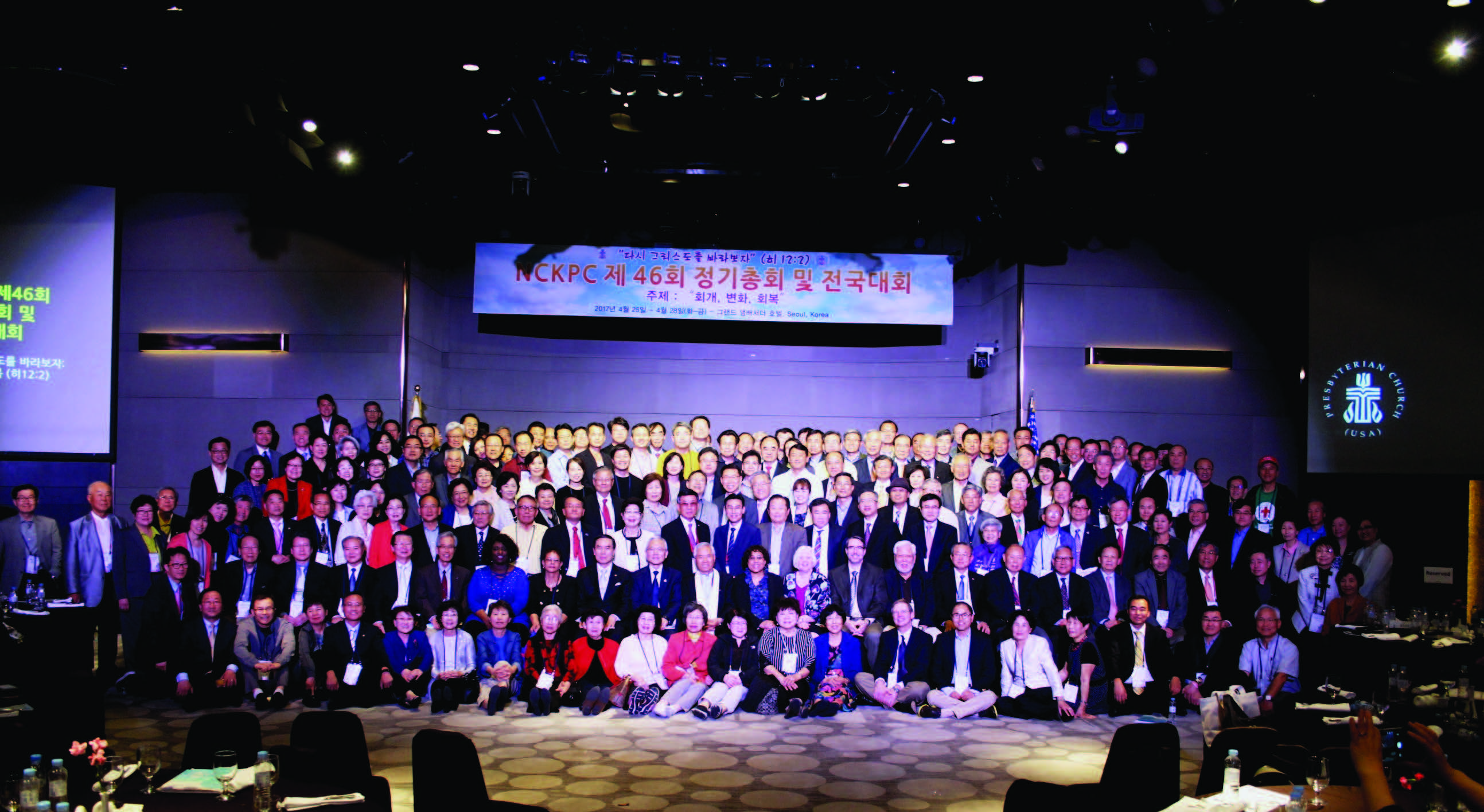
Recent acts of racial violence, particularly the allegedly anti-Asian killing spree in Atlanta, have led the largely evangelical and quietistic Korean churches to become politically involved, reports Politico (March 27). Up until recently, Korean churches were strongly against bringing politics and political protests into the church. The change is most evident in the activism of the Korean community of Atlanta, where the mass murder of largely Korean victims took place mid-March. “Religious leaders are at the forefront of this nascent movement, agitating for change. And as they look to harness Korean American electoral power in the Atlanta suburbs, their turn toward activism could have lasting implications in a state roiled by rapid demographic upheaval,” writes Catherine Kim. Pastor Han Byung-chul of the Korean Central Presbyterian Church of Atlanta recently formed a local group to oppose Asian American and Pacific Islander (AAPI) hate with 11 other religious leaders. A Korean Methodist pastor in Marietta, Georgia, said that the issue was “not about specific politicians or political parties. We want an overarching understanding that we need to create a society where immigrants and Asians aren’t discriminated against.” Most of the changes being sought by these activists involve enacting policies to better track and prosecute hate crimes against Asians.

Source: https://pres-outlook.org/2017/07/understanding-korean-american-churches/
The activism of Korean churches has expanded nationwide, with Pastor Choi Byung-ho, president of the National Caucus of Korean Presbyterian Churches, sending out instructions encouraging pastors around the U.S. to incorporate anti-racism messages into their sermons. The president of the Korean United Methodist churches issued a statement condemning both hate crimes and the way politicians have used Asian Americans as scapegoats during the pandemic. Additionally, Kim writes, the new activism among pastors is “bridging the generational gap in civic participation for the community. Young second-and third-generation Korean Americans are mingling with older first-generation immigrants at protests against racial discrimination.” Another repercussion of the new wave of Korean church activism is that it may turn Korean Americans more toward Democratic voting. The small-business, conservative ethic of first-generation immigrants has tended to align them more with Republicans (though less so among younger generations), but that may change, with 63 percent of Korean Americans saying in a recent survey that they thought Democrats did a better job at addressing racism than Republicans.
(Politico, https://www.politico.com/news/2021/03/27/atlanta-shooting-korean-churches)